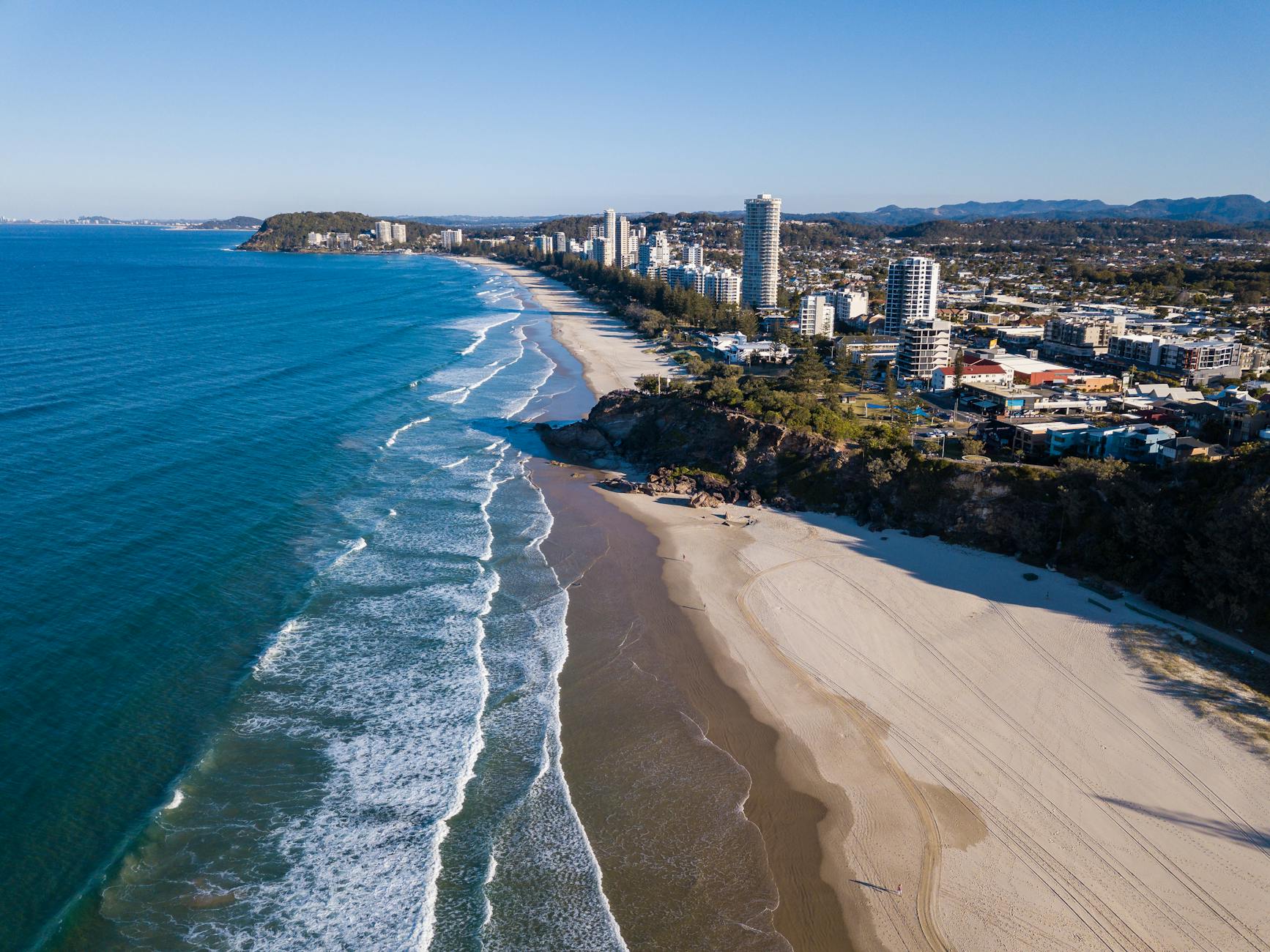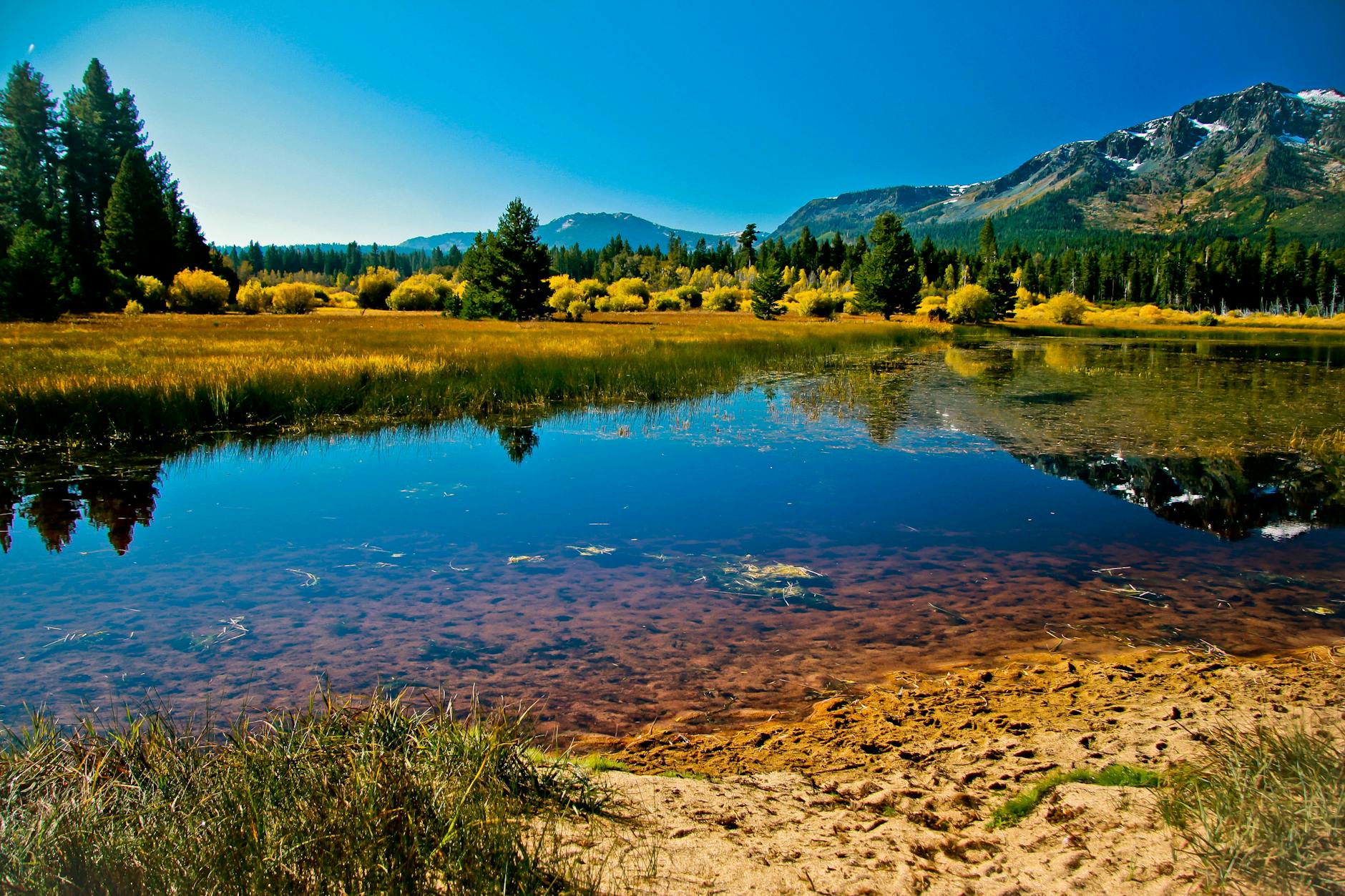What Makes Sustainable Travel from Australia to Africa and South America Essential?

Understanding Sustainable Travel
Sustainable travel isn't just a buzzword; it's a mindful approach to exploring the world while preserving its beauty. As Tom plans his adventures, he focuses on travel choices that minimise environmental impact. In Perth, we draw inspiration from Kings Park and Botanic Garden, which stands as a testament to sustainable conservation efforts. Here are some eco-friendly travel tips for those new to sustainable journeys:
- Consider eco-tourism options, like kenya tours, which focus on conservation and community support.
- Use reusable and biodegradable products for travel essentials.
- Opt for local foods and minimise waste, much like how local initiatives around the Swan River promote ecological balance.
Defining Sustainable Practices
Sustainable practices in travel involve reducing carbon footprints and supporting ecological balance. One way to achieve this is by including activities from south american tours that are known for their strong commitment to sustainability. Whether it's choosing tours that aim to conserve biodiversity or engaging in activities that support local cultures, these practices align with Tom’s ethos of insightful travel.
Top Environmental Benefits
Sustainable travel is crucial for preserving natural landscapes and promoting biodiversity. Opting for south america tours often goes hand in hand with witnessing vibrant ecosystems while ensuring these habitats remain undisturbed for future generations. By making such conscious choices, Tom and other travelers contribute to the global effort of environmental stewardship without compromising the thrill of discovery.
Africa and South America's Unique Appeal
Exploring the compelling attractions of Africa and Central America offers an exhilarating yet eco-conscious journey for travellers. When it comes to experiencing the wonders of nature, there's no better way than embarking on botswana tours. This part of Africa is renowned for its unspoiled landscapes and diverse wildlife, making it a prime location for an Africa safari. It allows you to not only embrace the adventure but also engage with sustainable practices through the conservation efforts seen in reserves and national parks. As you witness wildlife in its natural habitat, you're also contributing to the preservation of these vital ecosystems.
Meanwhile, Central America tours present an opportunity to delve into rich cultural experiences interwoven with the natural beauty of the region. From ancient Mayan ruins to vibrant local markets, this area is a tapestry of living history offset by stunning backdrops, offering a learning experience like no other. You might even liken these explorations to walking through Perth’s own Kings Park and Botanic Garden, where landscapes and ecosystems educate visitors on the delicate balance of nature.
Travellers can look forward to immersive experiences that go beyond the surface level of tourism. This helps in supporting local communities, protecting cultural heritage, and ensures that every journey leaves a light footprint. As a fellow eco-conscious explorer, these are the sort of fulfilling opportunities that will surely satisfy both your wanderlust and your commitment to the planet.
Planning a Sustainable Trip
Choosing Eco-Friendly Accommodations
When planning a sustainable trip, it's essential to opt for accommodations that align with eco-conscious values. Many lodges and hotels today incorporate green technologies, such as solar power and rainwater harvesting, ensuring minimal environmental impact. In fashionable eco-destinations like Rottnest Island, several establishments highlight their eco-friendly initiatives, providing a model of how responsible tourism can thrive. Opting for such accommodations not only reduces your carbon footprint but also supports businesses that prioritize environmental stewardship.
Sustainable Transport Options
Another crucial aspect of planning a sustainable trip is considering transportation. Opt for travel modes that emit fewer carbon emissions, such as trains or electric vehicles, whenever possible. If you're exploring Namibia, consider namibia tours that prioritize low-impact travel methods, allowing you to experience the landscape without contributing to its degradation. Similarly, in tanzania tours often emphasize walking safaris and small group excursions to preserve natural habitats and limit environmental damage.
Ethical Wildlife Interactions
For those interested in wildlife, it's vital to engage in ethical interactions. This means choosing experiences that respect animal welfare and contribute to conservation efforts. Avoid activities that involve direct contact with wildlife or those that prioritize tourist entertainment over the well-being of animals. Instead, seek out tours and guides committed to sustainable practices, much like how the Swan River’s restoration projects aim to rehabilitate local ecosystems while promoting awareness. Prioritizing ethical interactions ensures that your presence contributes positively to these majestic environments.
Challenges of Sustainable Travel
Navigating Remote Destinations
While the allure of embarking on african tours promises a profound connection with nature, accessing these remote destinations presents its own set of challenges. Planning such trips necessitates a deep dive into logistics well before you set off. It's essential to work with reputable tour operators who respect local ecosystems and offer guidance on sustainable travel, ensuring your excursion is both environmentally sensitive and fulfilling. Moreover, consider how travel tips from successful renovations of places like the Swan River can be applied. They showcase what's achievable when low-impact travel initiatives are properly executed.
Balancing Sustainability with Comfort
One of the main challenges while venturing on africa tours is maintaining a balance between comfort and sustainability. It becomes crucial to select accommodations that emphasise green practices, like waste reduction and the use of renewable energy. Similarly, you can make a significant impact by opting for eco-friendly transport that aligns with the tours' ethos. To navigate this, make informed choices by seeking out accommodations that mirror local initiatives like Rottnest Island's eco-friendly practices, which offer insight into how sustainable luxury can genuinely be realised.
Overcoming Language Barriers
For an eco-conscious traveller, language can be a stumbling block, particularly in regions where English isn’t widely spoken. This hurdle can be alleviated by learning basic local phrases or using translation apps. Engage with local guides for not just translation, but also deeper insights into the communities and their eco-focused endeavours. By immersing yourself and showing respect for local cultures and languages, you enhance your travel experience, turning potential barriers into enriching opportunities for connection.
Best Practices for Sustainable Travel
Support Local Economies
When venturing to distant lands, investing in local businesses is key. Start by dining at local restaurants and purchasing crafts from regional artisans. These small actions boost their economies and preserve cultural heritage. Also, consider staying at community-owned lodgings, which not only reduce environmental impact but also benefit residences financially. Like the initiatives in Rottnest Island, where sustainable tourism supports local livelihoods, every choice can make a meaningful difference.
Pack Light and Responsibly
Travelling sustainably starts before you leave. Packing light reduces your carbon footprint as lighter aircrafts consume less fuel. Opt for eco-friendly products like reusable water bottles and biodegradable toiletries. This practice aligns with Perth’s values, mirrored in the Swan River’s restoration projects. By reducing single-use plastics and unnecessary waste, we contribute to less pollution wherever we roam.
Engage with Local Communities
Enrich your journey by actively participating in local life. Volunteer for environmental projects or partake in cultural exchanges. In a similar spirit to Kings Park and Botanic Garden's community initiatives, engaging with locals fosters a symbiotic relationship. You’ll gain insight into their world while supporting sustainable tourism strategies focused on conservation.
Each of these practices not only enhances our travel experiences but also aligns with the global efforts of sustainable tourism—a cause for which every eco-conscious explorer should strive.


